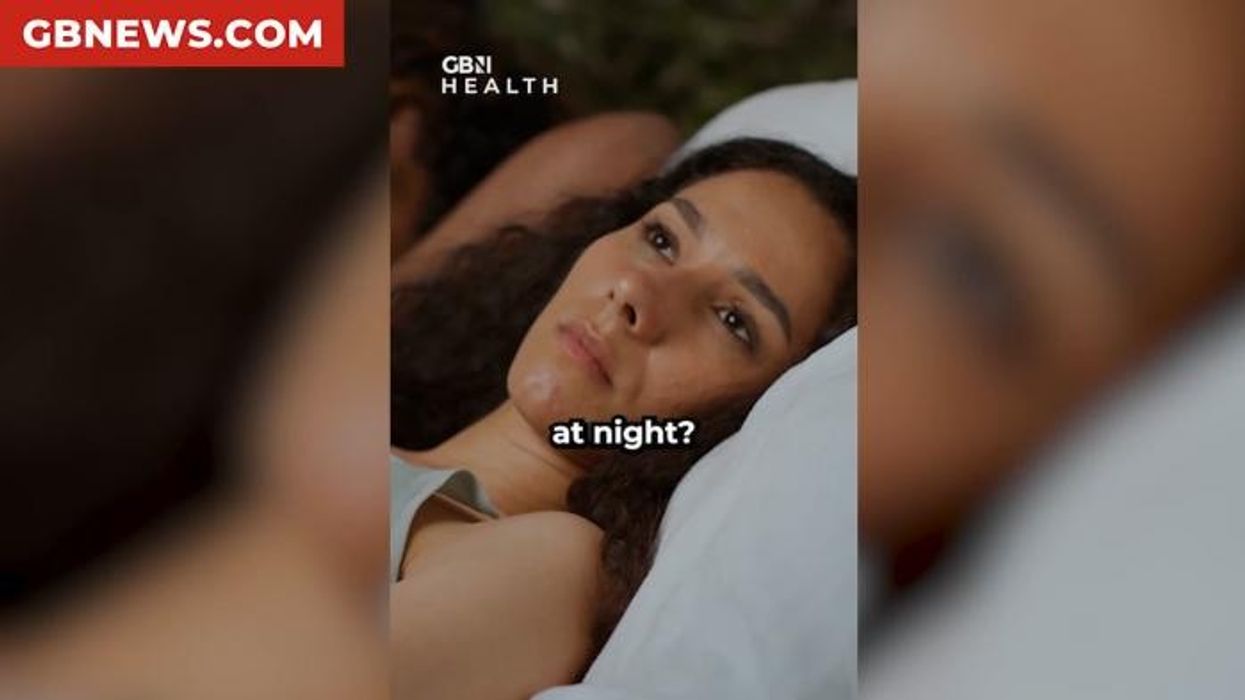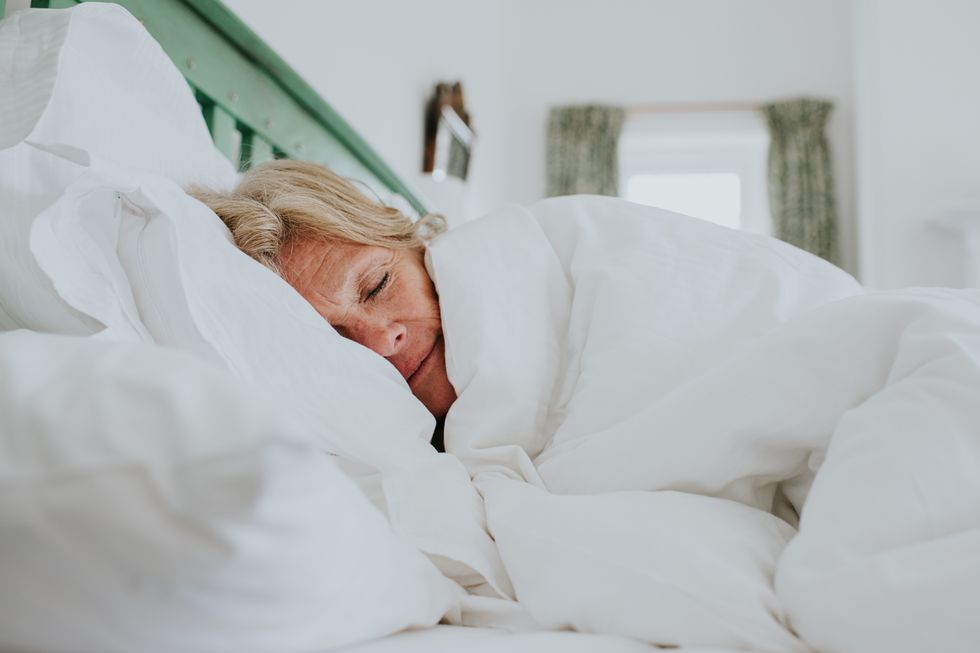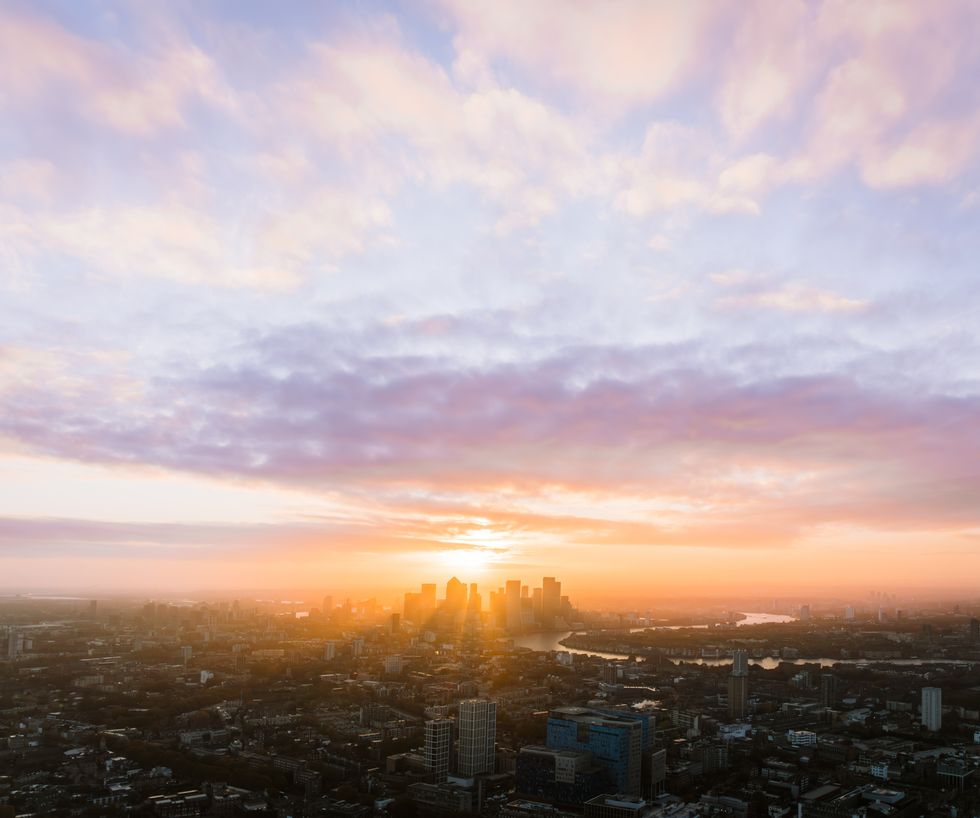A 10-minute morning habit will improve your sleep and make it 'easier to naturally wind down in the evening'

REVEALED: The secret to getting a good night's sleep
|GB News
The trick to get some quality shut-eye starts as soon as you wake up in the morning, one expert revealed
Don't Miss
Most Read
Latest
Quality sleep can be hard to achieve, although it is just as crucial as a good diet and a repetitive daily routine in your day-to-day life.
Experts recommend getting at least seven to nine hours' worth of sleep each night - yet this can prove to be a challenge for many.
The best way to improve sleep is getting up bright and early to inform your brain it's time to get going, according to one expert.
Nutritionist at BlueIron Cara Shaw told GB News: "Exposure to natural light in the morning helps regulate your circadian rhythm, which controls when you feel awake and when you get sleepy.

The best way to improve sleep is getting up bright and early to inform your brain it's time to get going
|GETTY
"Sunlight signals to your brain that it’s time to be alert and also helps boost serotonin, a hormone that later converts to melatonin, your sleep-inducing hormone."
Cara further advised to "spend at least 10 to 20 minutes outside in the morning, ideally within an hour of waking up".
But, for those who might find natural light to be too scarce in the dark, dreary mornings, she suggested using a light therapy lamp to "mimic the effects of sunlight".
LATEST TIPS AND TRICKS TO IMPROVE SLEEP:
"Getting daylight exposure early in the day makes it easier for your body to naturally wind down in the evening," Cara explained.
Since light plays a key role in circadian rhythm regulation, everyone's body clock is ruled by the sun, told when to wake up and when it's time to kick back and relax.
"Open the curtains wide and let natural light into your home as early as possible," she suggested.

Getting up bright and early can be key to better sleep
|GETTY
It can also impact the body's daily production of melatonin, a hormone which promotes sleep.
Increased exposure to the regular light/dark cycle between night and day has been shown to promote earlier sleep patterns, one sleep study published by the National Library of Medicine found.
Further analysis of UK UK Biobank data by the same researchers suggested that increased outdoor daylight exposure led to getting up more easily, fewer instances of insomnia and getting to bed earlier in the evening.










